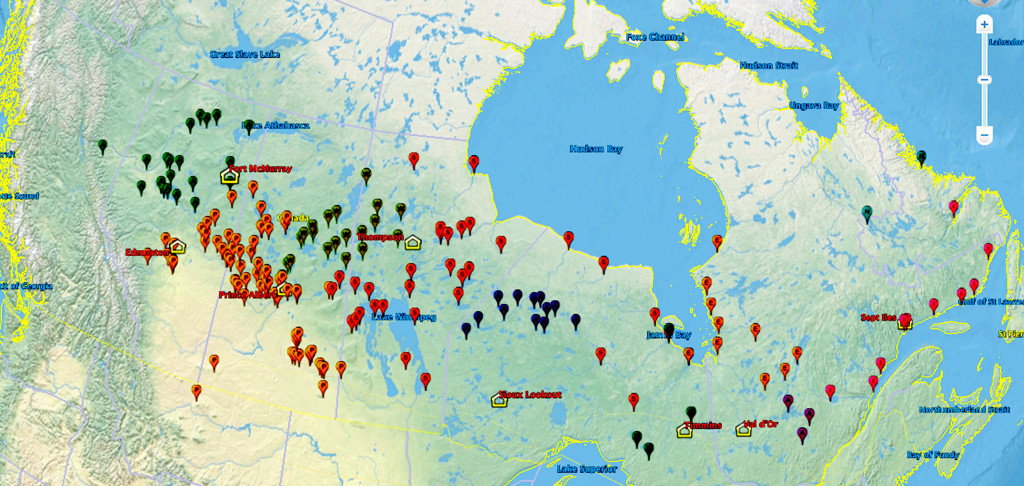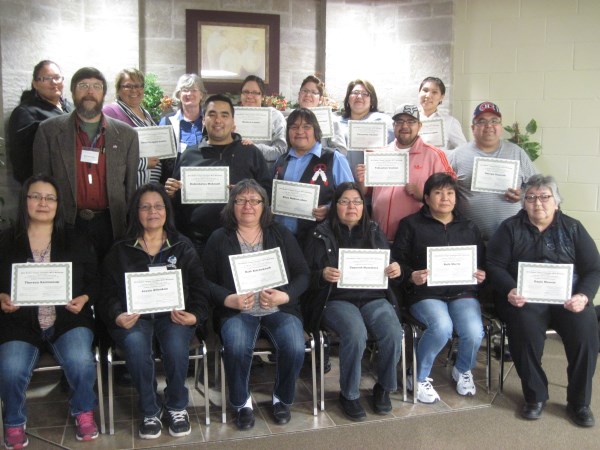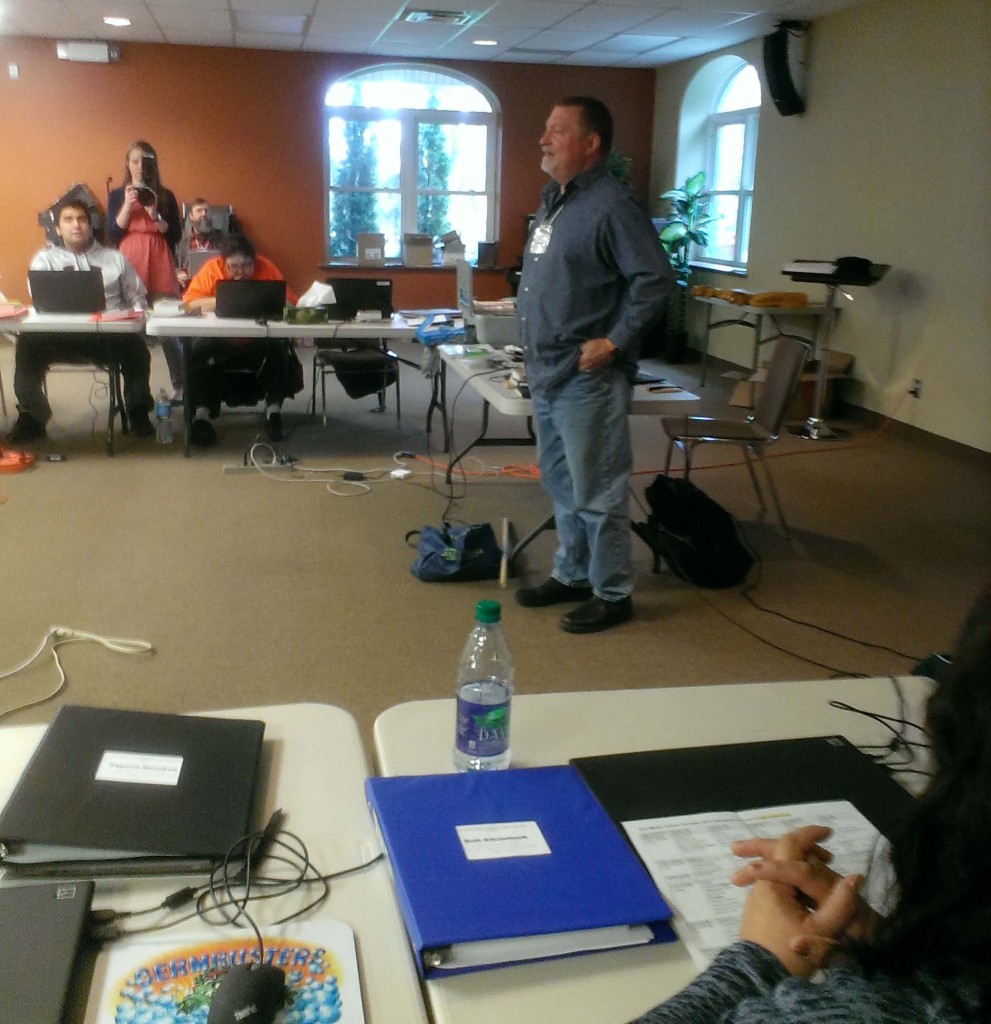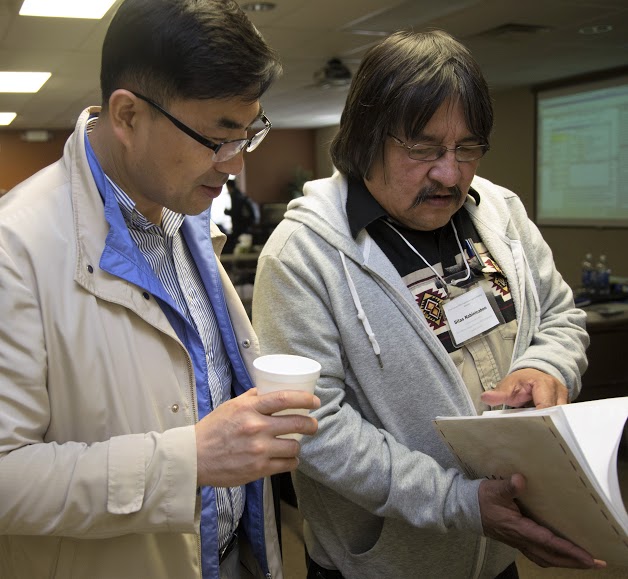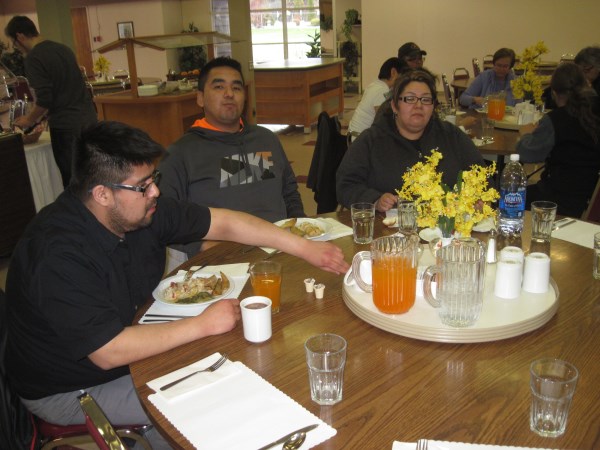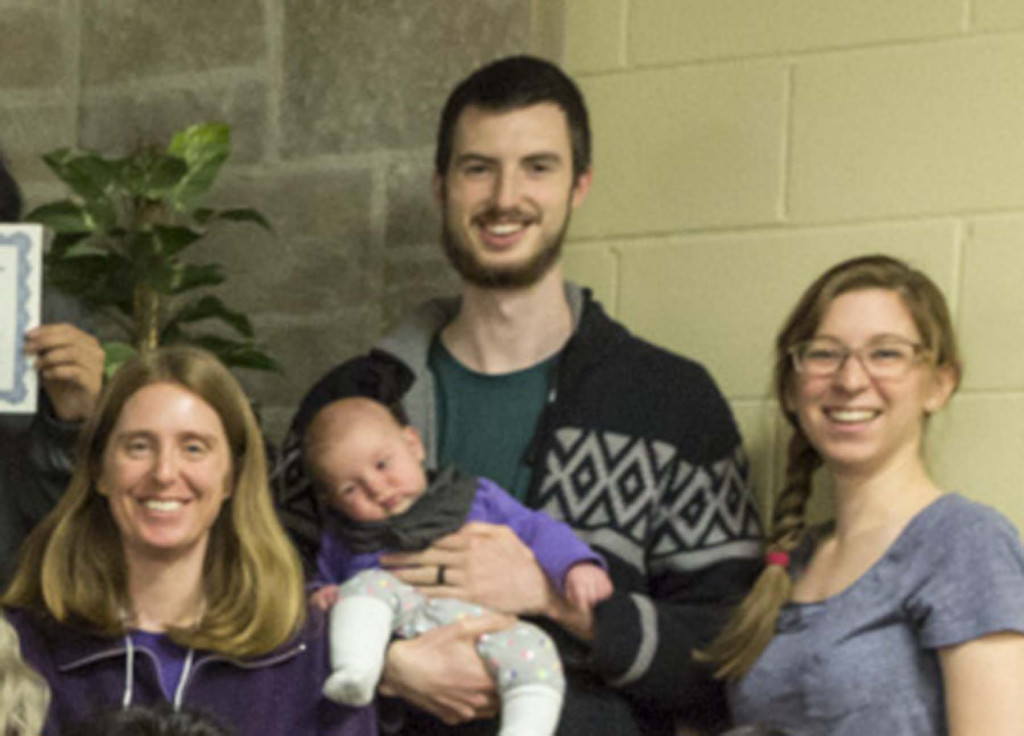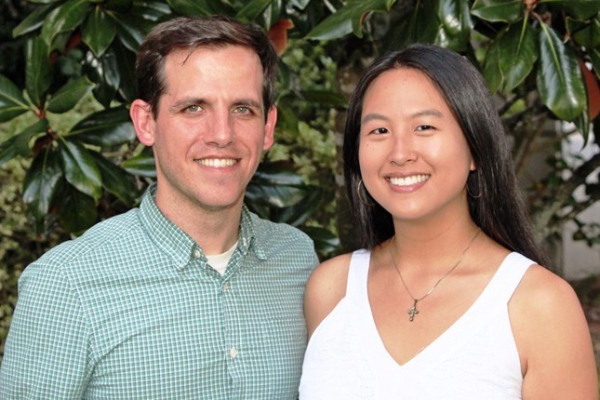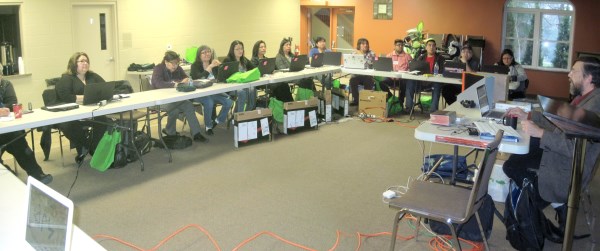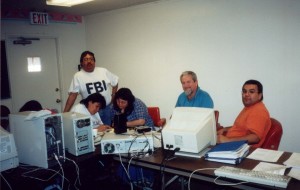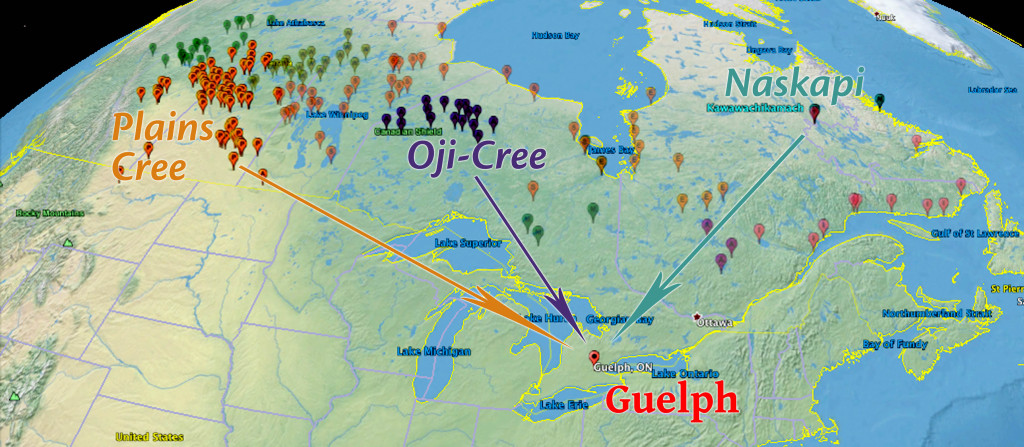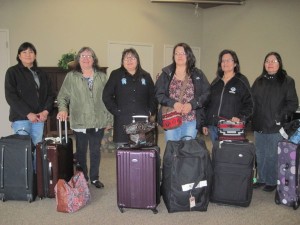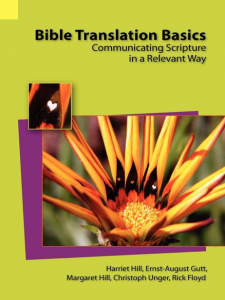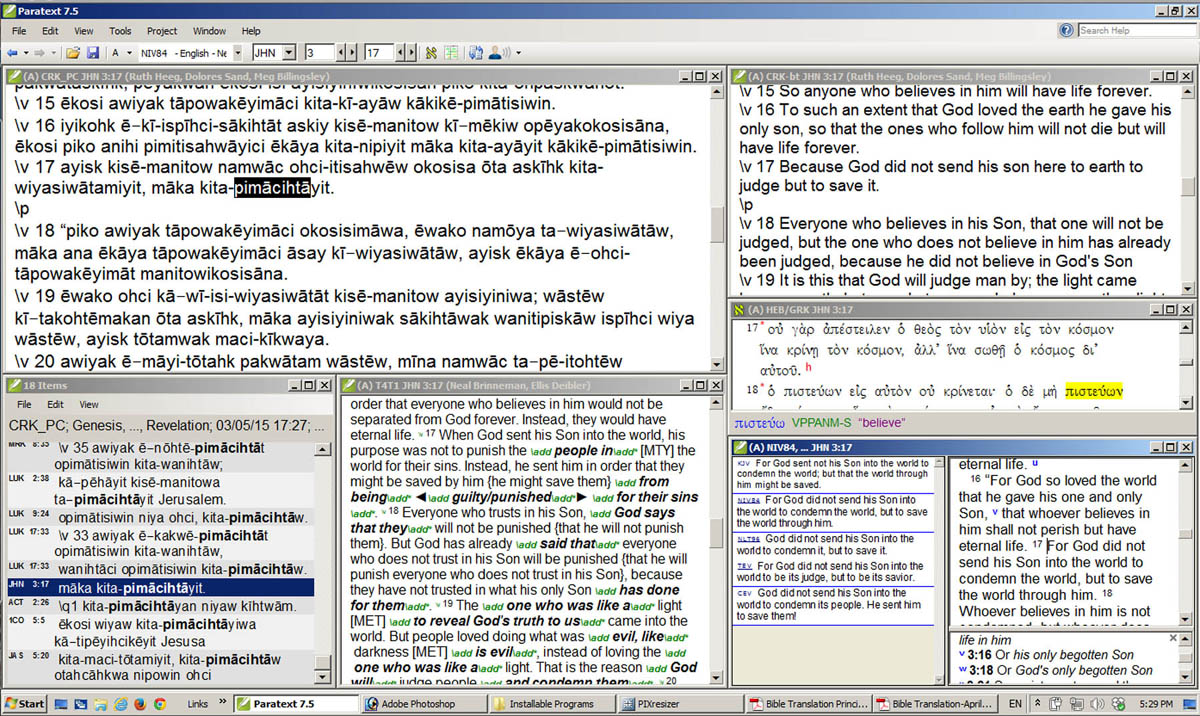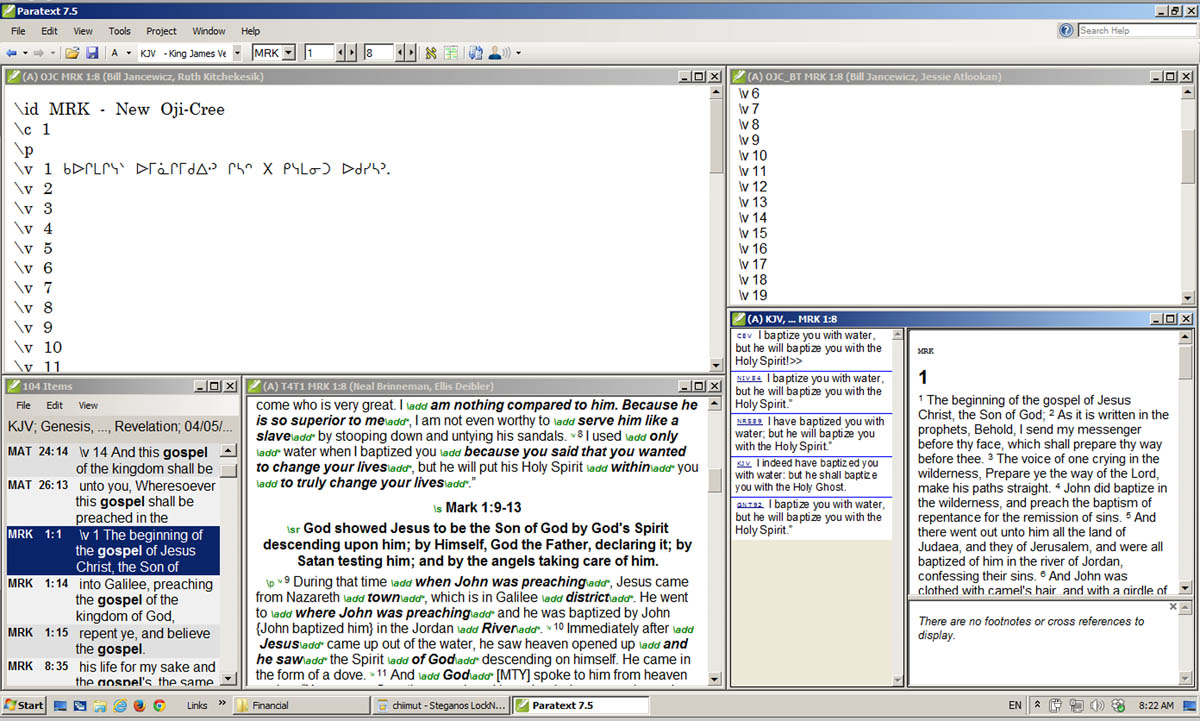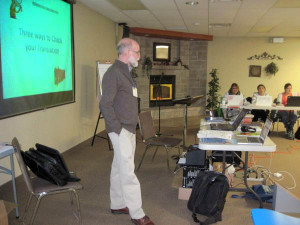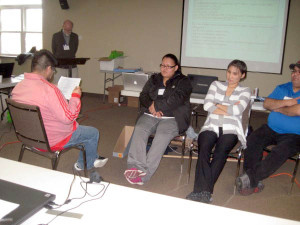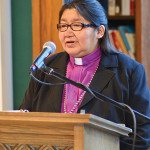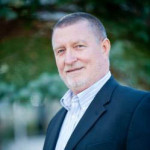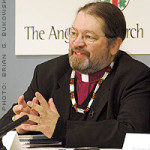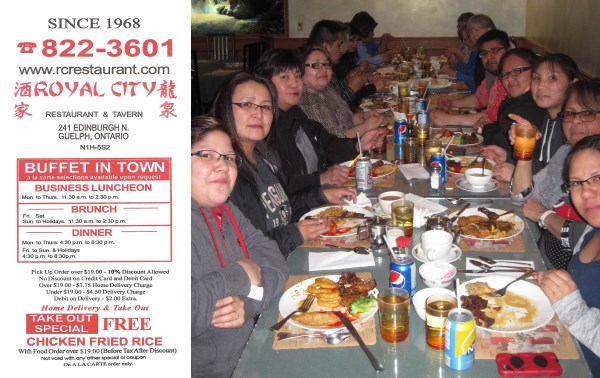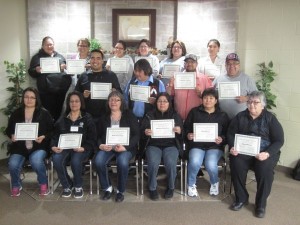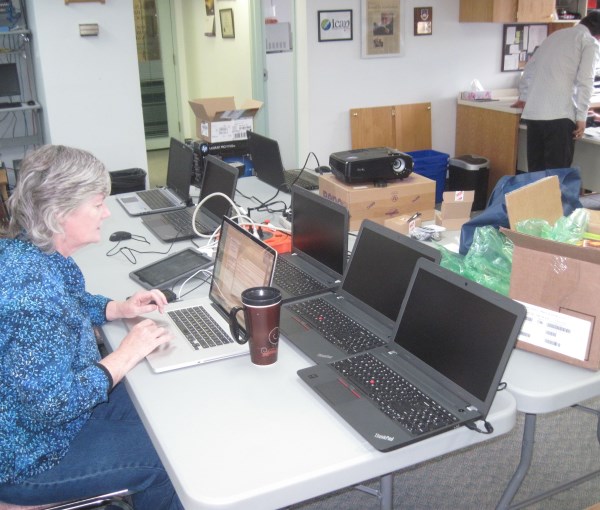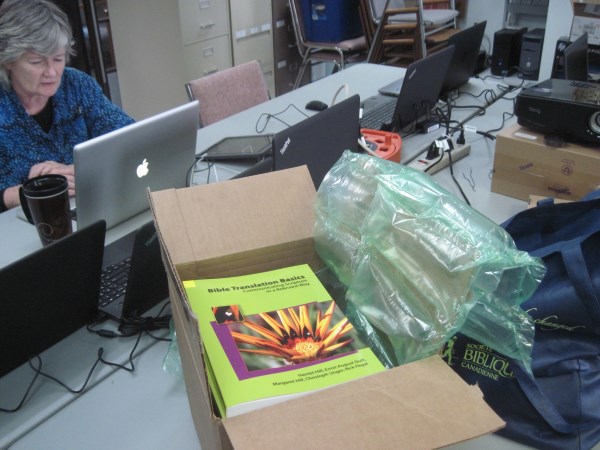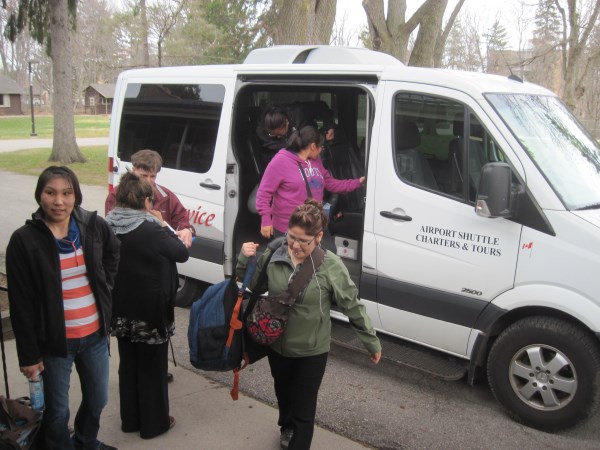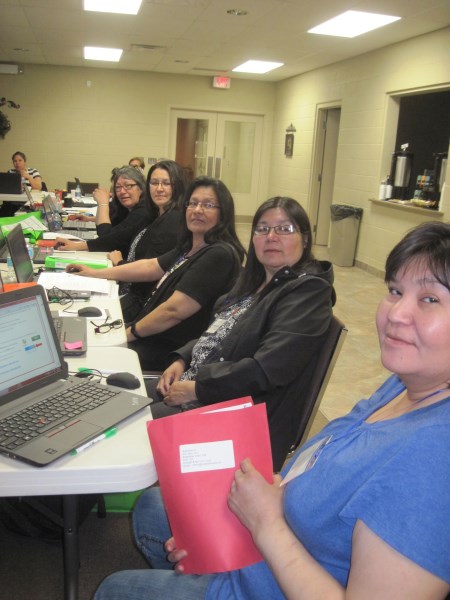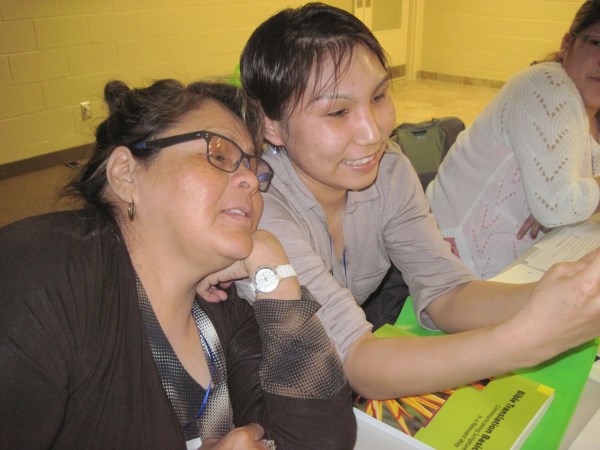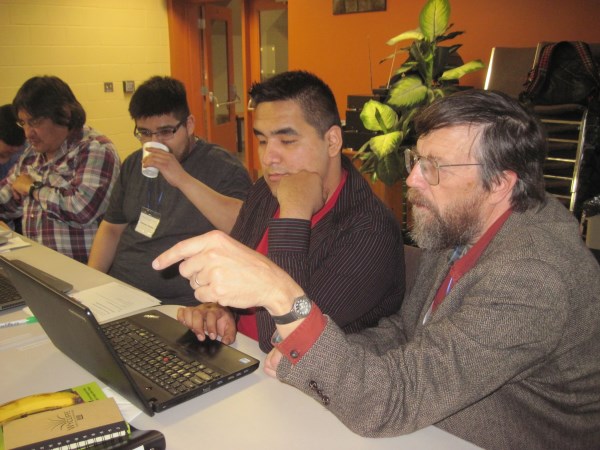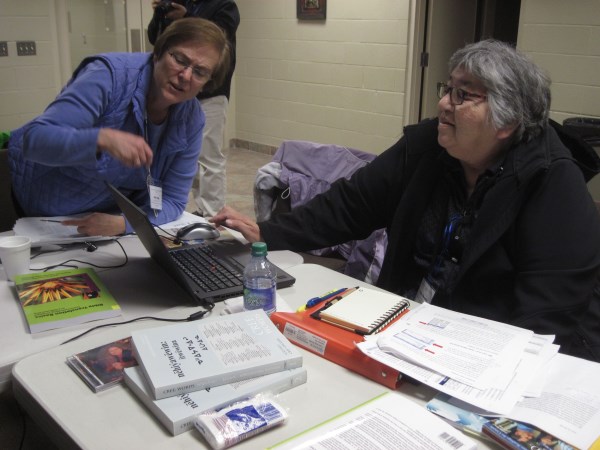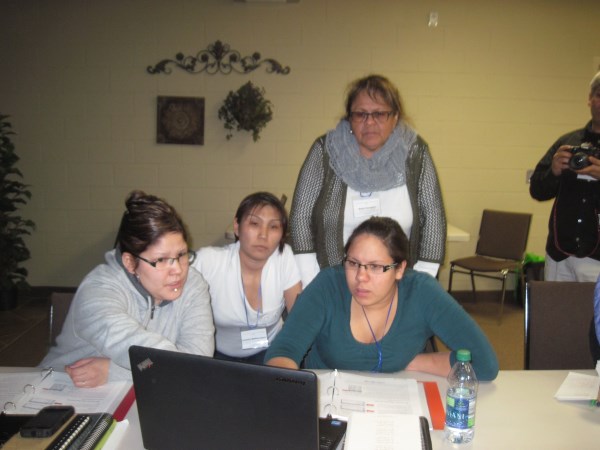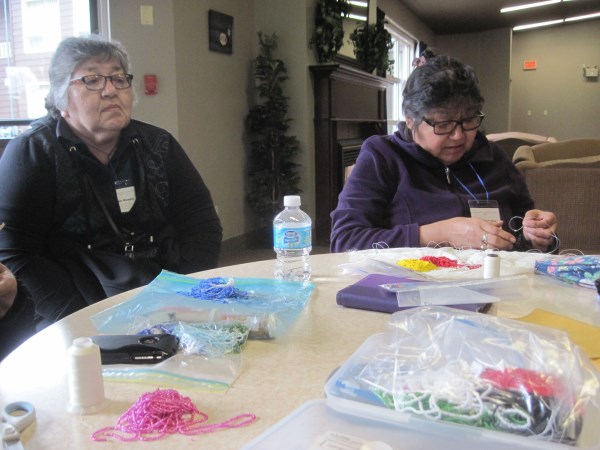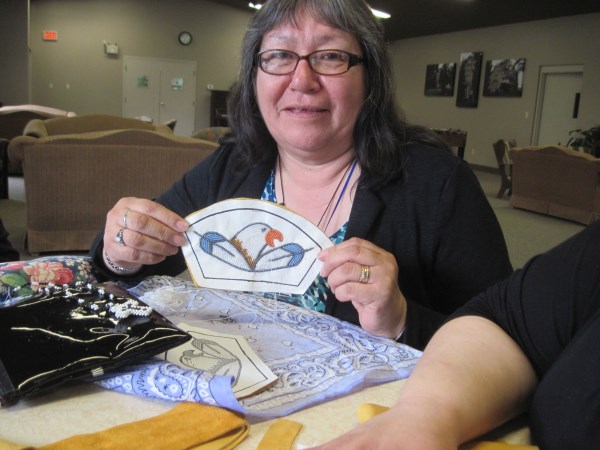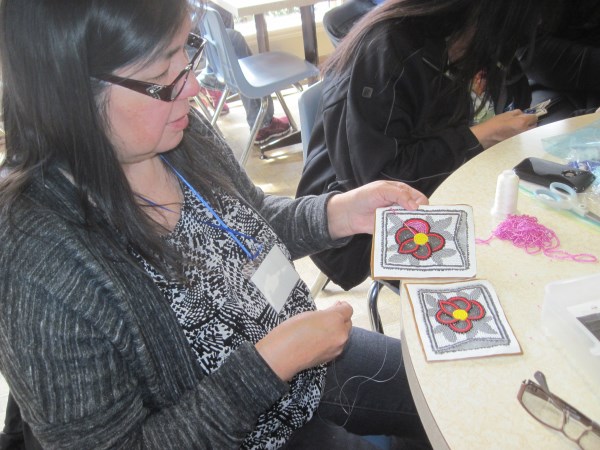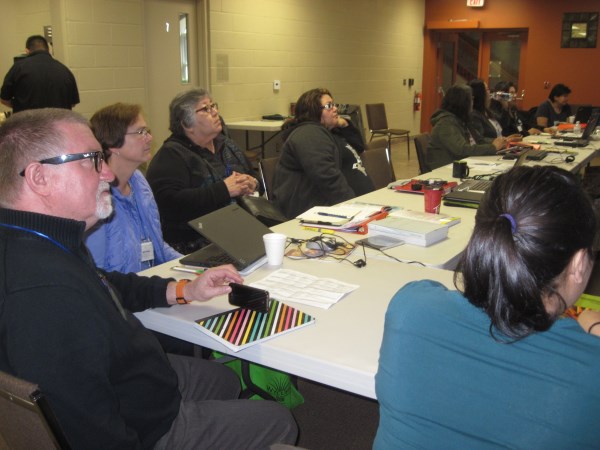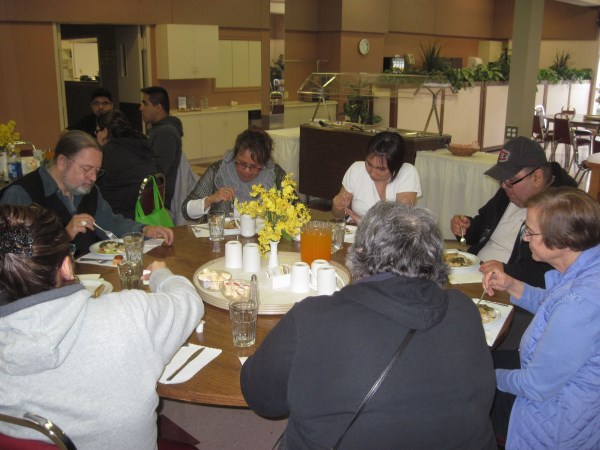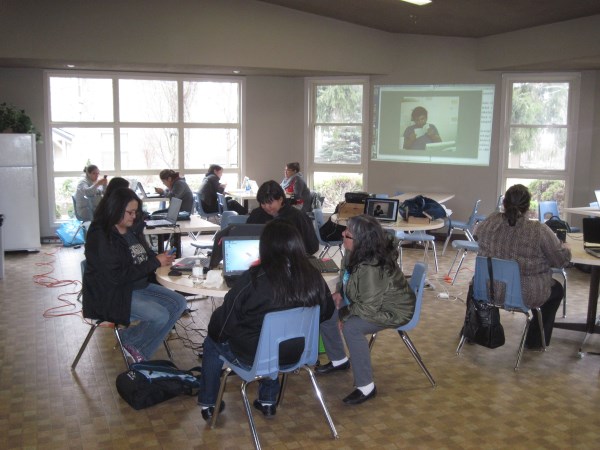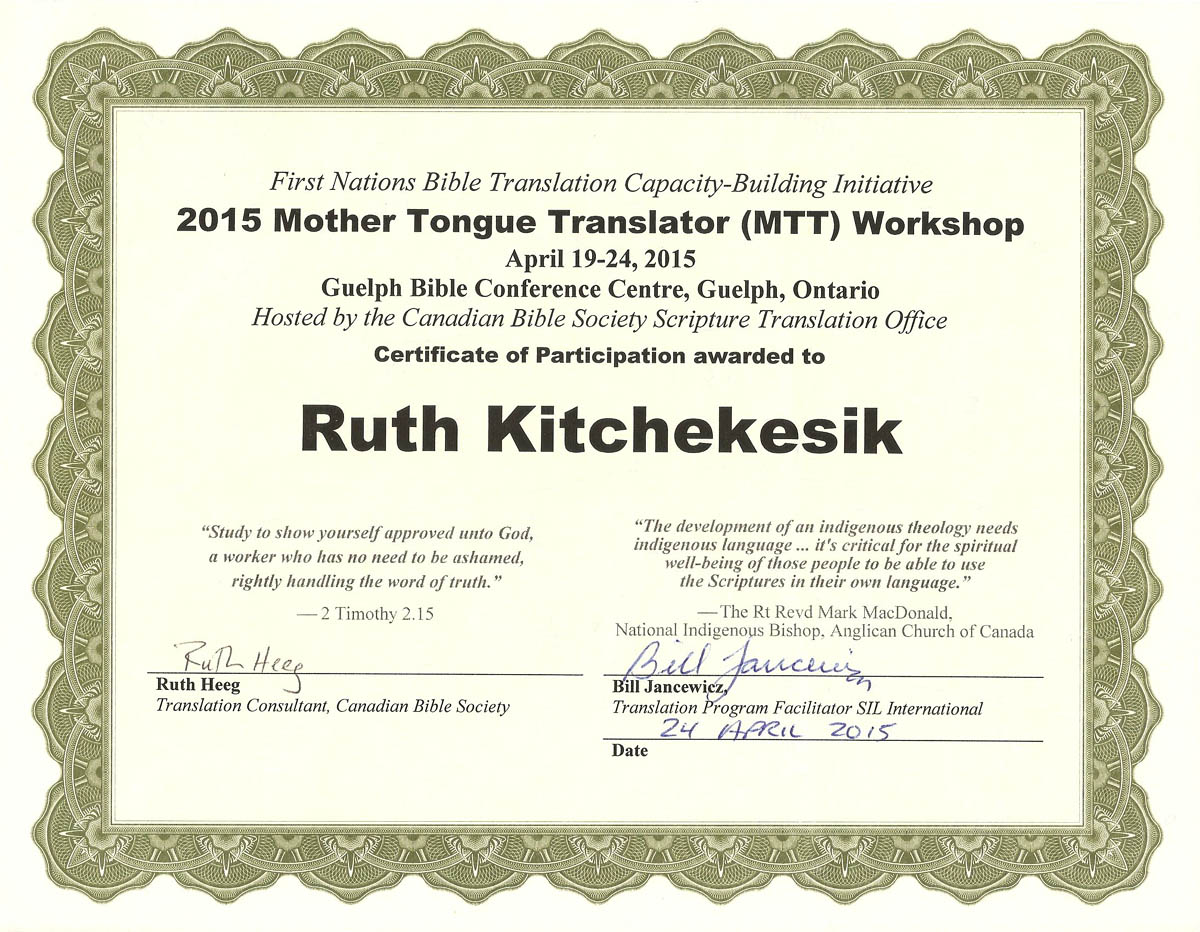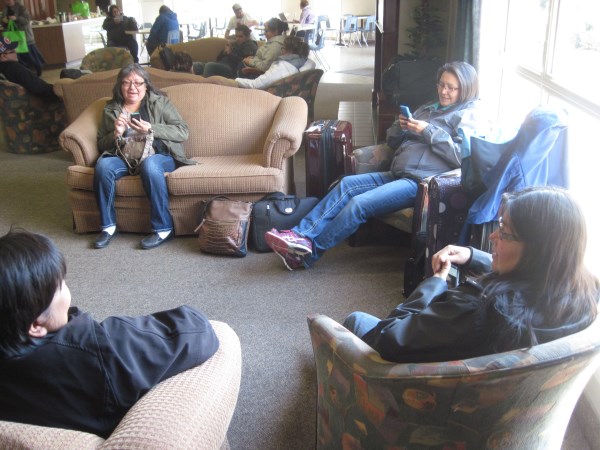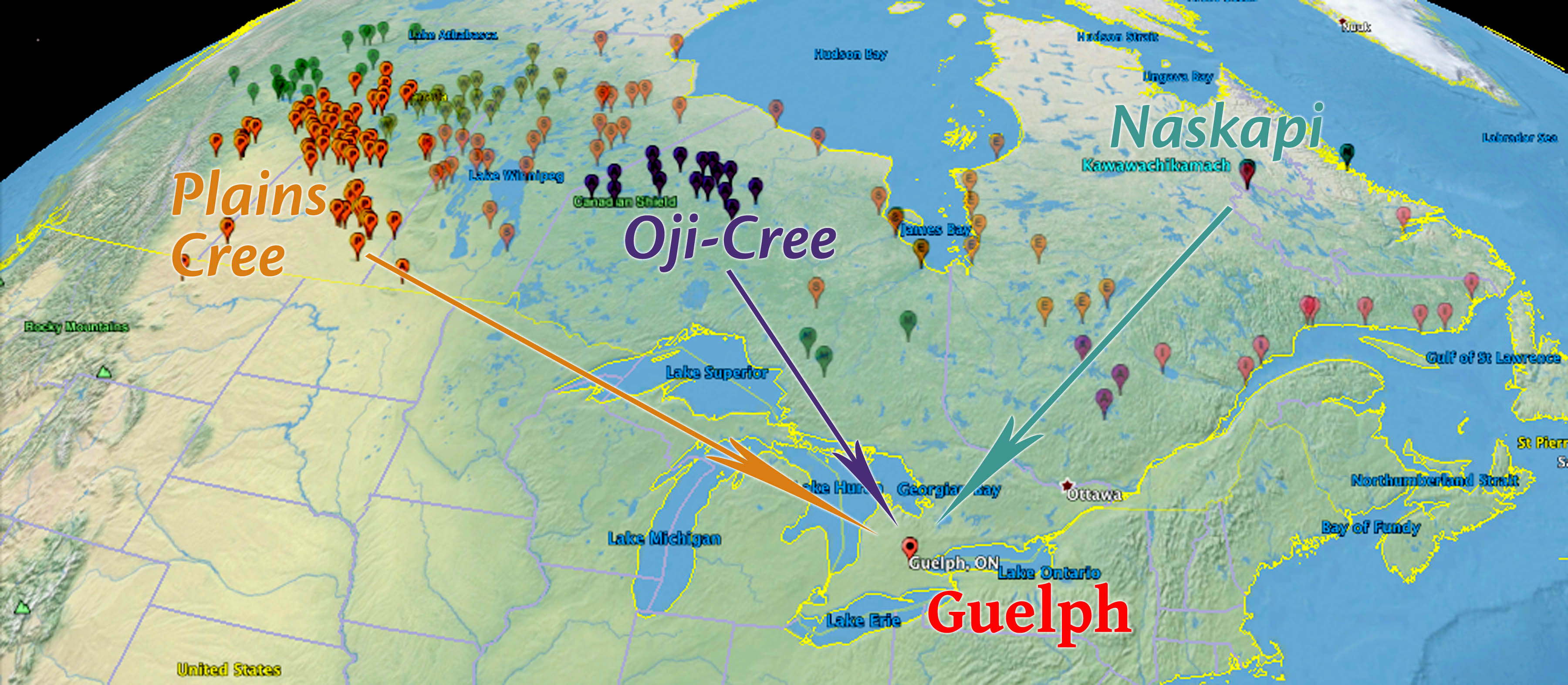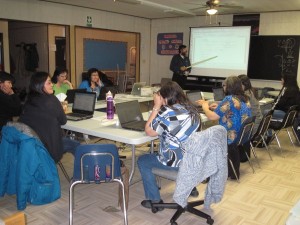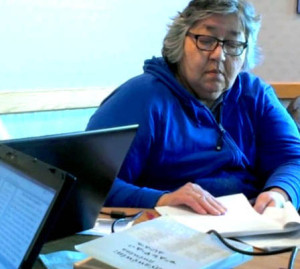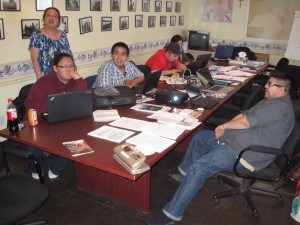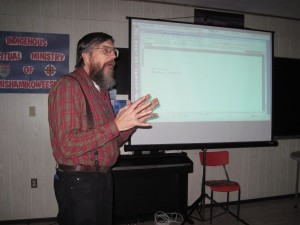Our Dear Partners,
We were counting the months and then counting the weeks and now we are counting the DAYS until the 2017 First Nations Mother Tongue Translator (MTT) Workshop that is being held in Guelph Ontario, the week between Palm Sunday and Easter, April 9-14, 2017.
This Translation Brief invites you to pray for this event, by focusing on the staff, the participants, and the guests; and also on the vision, the program and the effects.
Vision
The First Nations church leaders and speakers of these Algonquian languages identified capacity-building and training for their own translators as one of their priorities at the First Nations Bible Translation Capacity-Building Gathering in Prince Albert back in June of 2014. They were inspired by how God’s Word translated by and used by the Naskapi community was having a growing positive influence on their lives and creating a hunger to know God in their own language. They had a vision for workshops that bring together people from different related language communities, creating a safe environment for mutual encouragement, and equipping them to more adequately handle the complex task of Bible translation.
Participants
Again this year, the Naskapi community is sending both experienced and newer language workers involved in Bible translation and language development work. You are invited to pray for each of these participants by name:
Naskapi Bible translation project, Naskapi Development Corporation:
- Silas Nabinicaboo
- Ruby Sandy-Robinson
- Tshiueten Vachon
- Kabimbetas Mokoush
- Amanda Swappie
Naskapi translation services, Naskapi Nation:
- George Guanish, translator
- Isaac Einish, editor of the Naskapi Newspaper
Naskapi language education, Jimmy Sandy Memorial School:
- Seasi Swappie, Naskapi language teacher
Oji-Cree Bible translation project, Indigenous Spiritual Ministry of Mishamikoweesh:
- Jessie Atlookan
- Ruth Kitchekesik
- Dominick Beardy (going in place of Theresa Sainnawap this time)
- Zipporah Mamakwa
- Saloma Sainnawap
Council of the Cree Nation of Mistissini:
- Mary-Jane Petawabono
- Juliette Neeposh
Pray that these who come will experience God’s peace, protection and provision as they travel so far from their home communities.
Program
The special sessions this year are on the topic of translating Proverbs by Steve Kempf. Catherine Aldred-Shull has offered to present a session on Orality, Literacy and The Bible. Also Norma Jean will be leading the language groups in an activity on Domains of Language Use applying Participatory Methods, and Terri Scruggs is preparing a module about Translation Project Management for mother tongue translators. Rod & Liesel Bartlett will talk about Chronological Bible Storying.
Staff
The rest of the staff on the roster are continuing to teach the participants from the textbook we began in previous years, Bible Translation Basics: Communicating Scripture in a Relevant Way, by Harriet Hill. The new Wycliffe teams assigned to First Nations projects–Matthew & Caitlin Windsor and Alice & Martin Reed–will be on hand for the entire workshop and presenting lessons from this book. Also, Ruth Heeg, Meg Billingsley and Bill will lead some sessions using this book and other materials as well. Further, Jeff Green, an Wycliffe member teaching linguistics and translation at Tyndale, and Myles Leitch from the Canadian Bible Society will also each be teaching lessons from the book.
I know that we will all be grateful if you remember to pray for the staff members by name:
- Bill & Norma Jean–First Nations Bible translation workshop coordinators
- Matthew & Caitlin Windsor–new Wycliffe Bible translation facilitators
- Alice & Martin Reed–new Wycliffe Bible translation facilitators and interns serving the Naskapi language project
- Terri Scruggs–Wycliffe Canada project administrator
- Meg Billingsley–Translation consultant-in-training
- Catherine Aldred-Shull–Canadian Bible Society translation officer-in-training
- Myles Leitch–Canadian Bible Society director of scripture translations
- Ruth Heeg–Translation consultant mentor
- Steve Kempf–SIL International translation consultant
- Jeff Green–CanIL instructor of linguistics
- Rod & Liesel Bartlett–Wycliffe Bible translation facilitators
Pray that these who are giving their time and expertise will experience God’s empowering, protection and provision as they come to serve the First Nations Bible translators.
Guests
Like at previous workshops, a number of people who are interested in or supporters of the First Nations Bible Translation movement have asked to come to observe or visit the staff and participants during the workshop. We are happy to accommodate them, and found that their presence and encounter with the First Nations Bible translators has been a mutual encouragement and a blessing. Pray with us that this will also be so this year. The guests we are expecting are:
- Elaine Bombay–Wycliffe Global Alliance photojournalist
- Colin & Dot Suggett–Wycliffe members interested in First Nations translation projects
- Daniel Yoon–Wycliffe Canada Church Connections team
- Gyoojun Lee–Wycliffe Canada Church Connections team
- Ben Wukasch–Wycliffe Canada project facilitator candidate
- Rt. Rev. Mark MacDonald–National Indigenous Bishop, Anglican Church of Canada
- Esther Wesley–coordinator of the Anglican Healing Fund, Anglican Church of Canada
- Nancy Hurn–archivist, Anglican Church of Canada
- Jack & Joanne Koetsier–partner/supporter of Bible translation projects
- Jeff Westlake–Senior Development Officer, Indigenous and Northern Affairs Canada
Pray that these who are investing their time and interest will sense God’s wisdom and direction in their lives as they come to interact with the First Nations Bible translators.
Effects
In previous years, the participants expresssed their appreciation for the opportunity to take part in this training, but also were grateful for:
“…Learning from patient facilitators who were patient with me.”
“…Learning new things about translating the Bible.”
“…Sharing of other teams’ experiences.”
“…I enjoyed the visitors and all they offered for us in their prayers, and the direction of the facilitators.”
“…The singing and devotions and great workshop presenters, and the explanations about the basics of translation.”
Please pray with us for the ongoing positive effects that the participants can bring back to their Bible Translation projects in their home communities.
Next Generation Bible Translation Team
This is the first workshop where all of the current Next Generation personnel are coming to interact with the participants. Please pray for God’s provision, deepening relationships and clear guidance and wisdom for these who have been called to serve First Nations Bible translation.
Thank you for remembering this upcoming Mother Tongue Translator (MTT) workshop in your prayers between now and Easter, and may God bless you as you celebrate His victory over death and the grave.
Serving with you,
Bill and Norma Jean Jancewicz

